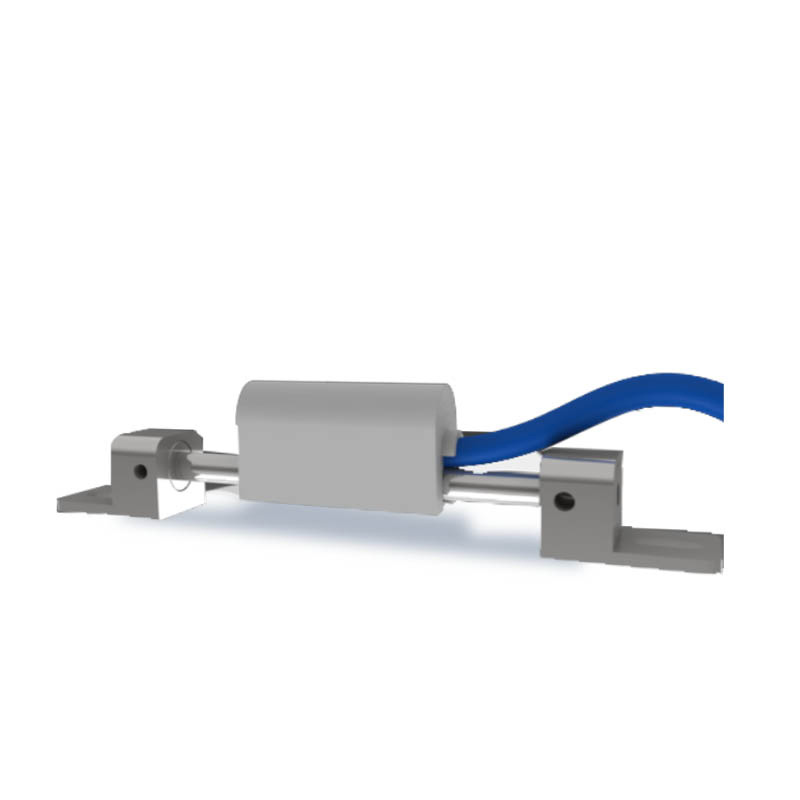Shandong Fengtu IOT Technology Co., Ltd
Sales Manager:Ms. Emily Wang
Cel,Whatsapp,Wechat:+86 15898932201
Email:info@fengtutec.com
Add:No. 155 Optoelectronic Industry Accelerator, Gaoxin District, Weifang, Shandong, China

Sales Manager:Ms. Emily Wang
Cel,Whatsapp,Wechat:+86 15898932201
Email:info@fengtutec.com
Add:No. 155 Optoelectronic Industry Accelerator, Gaoxin District, Weifang, Shandong, China

Model:FT-YB1
Brand:fengtu
1.Surface Mounted Strain Gauge Product Overview
Surface Mounted Strain Gauge is a high-precision sensor used to measure the surface strain of structures, which is widely used in engineering and scientific research fields.The strain gauge is mainly installed on the surfaces of various structures such as pipelines, pile foundations and bridges to measure the strain on the surface of the structure.The built-in analog temperature sensor can synchronously measure the temperature of the installation point for temperature correction of the surface strain gauge.
2.Surface Mounted Strain Gauge Application Scenarios
Bridges, tunnels, rail transit, water conservancy, buildings
3.Surface Mounted Strain Gauge Product Features
1.Adopt imported steel string design, with advantages of high sensitivity and precision, good linearity and stability
2.Use hydraulic cables to meet the requirements of long-term placement inside hydraulic structures and external monitoring environments
3.Built-in temperature sensor for easy temperature compensation
4.Stainless steel shell design, with characteristics of pressure resistance and radial force resistance
4.Surface Mounted Strain Gauge Technical Parameters
Gauge length L: 100mm
Resolution: ≤0.2% FS
Temperature measurement accuracy: ±0.5℃
Water pressure resistance: ≥0.2 Mpa
Insulation resistance: ≥50MΩ
Temperature range: -20℃~+70℃
Dimensions: 174*26*38mm
Strain measurement range: tension: 3000με; compression: 3000με
The construction of ship weather stations is not only of great significance to marine scientific research, but also plays a very important role in safeguarding the development of the national economy. With the rapid development of my country's socialist modernization construction and the signifi...
The five element weather monitor is used to monitor the five elements of weather, namely temperature, humidity, air pressure, wind speed and wind direction. It usually consists of a number of sensors and data loggers that can monitor and record these elements in real time. The five element weather m...
China is a large agricultural country, and agricultural development is a top priority. Using advanced technology level to improve the productivity and risk resistance of agriculture is an important task for the development of modern agriculture. As an emerging technology, the Internet of Things prov...
Small and medium-sized river hydrological monitoring system is an automated device that can measure water level, flow, rainfall and other data in real time. Its a tool for the water conservancy industry. It provides remote monitoring function, and no manual intervention is required, which greatly av...